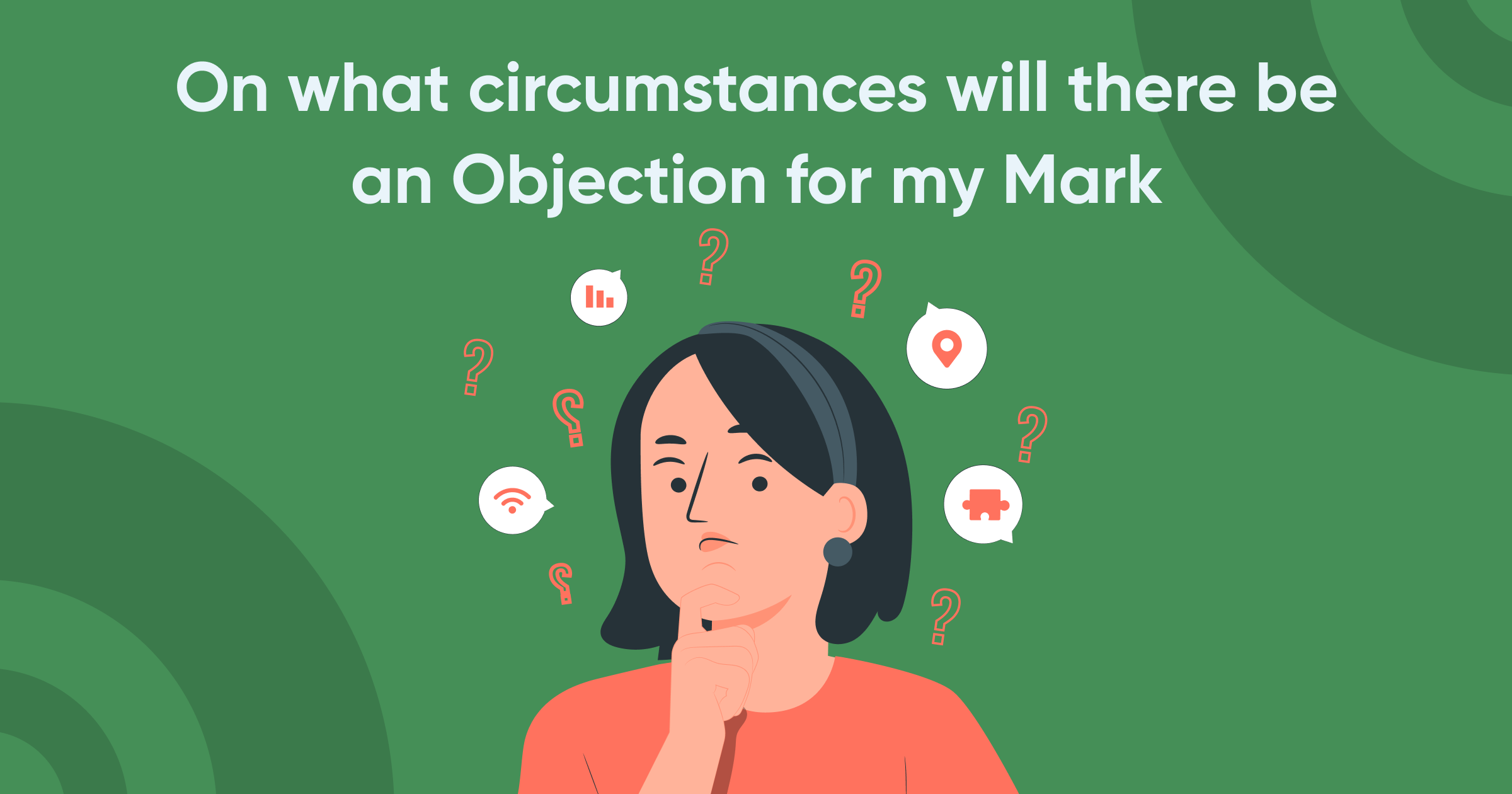Registering a trademark is a significant step in protecting your brand identity and ensuring legal exclusivity. However, not all trademark applications sail through smoothly. An objection to your trademark can be a roadblock that delays or prevents registration. Understanding the common grounds for trademark objections can help you proactively address potential issues. This guide explores the circumstances under which a trademark objection might arise, focusing on the Indian legal context.
Lack of Distinctiveness
One of the fundamental requirements for trademark registration is that the mark must be distinctive. If your trademark is:
- Too generic or descriptive (e.g., “Best Shoes” for a footwear brand),
- A common term in trade, or
- Similar to terms already in use,
it may face objections under Section 9 of the Trademarks Act, 1999. A distinctive trademark should set your brand apart from competitors and identify your goods or services.
Similarity to Existing Trademarks
If your proposed trademark is similar to an existing registered trademark or a pending application, it could be objected to under Section 11. The similarity may be in terms of:
- Appearance,
- Sound,
- Meaning, or
- Overall impression.
For instance, registering “Tata” for automobiles would face an objection due to the established reputation of the Tata brand.
Use of Prohibited or Offensive Terms
A trademark that includes offensive, scandalous, or obscene terms is likely to be rejected. Similarly, marks that include terms prohibited under the Emblems and Names (Prevention of Improper Use) Act, 1950, such as “National Flag” or “Ashoka Chakra,” will not be allowed.
Deceptive or Misleading Marks
Trademarks that are deceptive or likely to confuse consumers about the nature, quality, or origin of goods/services are objectionable. For example, using “BioFresh” for a synthetic product that has no biological ingredients could face objections.
Inclusion of Geographic Names
Trademarks containing geographic names that could mislead consumers or are directly descriptive of the place’s goods or services are objectionable. For example, using “Darjeeling” for non-tea-related products may face challenges.
Conflict with Well-Known Marks
India recognizes the concept of “well-known trademarks,” which enjoy broader protection. Attempting to register a mark that conflicts with a well-known trademark, even for unrelated goods/services, may lead to objections. For example, using “Nike” for any product would likely be objected to.
Incorrect Classification of Goods/Services
The Trademarks Act mandates the proper classification of goods or services based on the Nice Classification system. Errors in specifying the class or selecting an inappropriate class can result in objections.
Incomplete or Inaccurate Application
Errors in the trademark application, such as incorrect details about the applicant, the mark, or its usage, can lead to objections. Additionally, failure to submit required documents, such as a Power of Attorney (if filed through an agent), can delay the process.
Non-Usage Claims
If an applicant claims to have been using the mark without providing evidence, such as invoices or advertisements, objections can arise. Evidence of use helps establish prior usage rights and strengthens the application.
Use of Names or Portraits
Using personal names or portraits in a trademark without consent can lead to objections. This applies particularly to famous personalities, where unauthorized use may be seen as exploiting their reputation.
How to Handle a Trademark Objection
Trademark objections are not the end of the road. Here are the steps to address them:
- Understand the Grounds: Carefully review the examination report to identify the specific grounds for objection.
- Draft a Response: Prepare a detailed reply addressing the objections, citing legal provisions and precedents where applicable.
- Attend Hearings: Be prepared to represent your case during a hearing, if required.
- Seek Professional Help: Engaging an experienced trademark attorney can significantly improve your chances of overcoming objections.
How Trademarkia Can Help
Trademarkia offers end-to-end assistance in trademark registration, including responding to objections. With a team of experienced professionals, Trademarkia ensures that your application is handled with utmost care, increasing the likelihood of a successful registration.
Conclusion
Trademark objections, though challenging, can be resolved with proper preparation and professional assistance. By understanding the potential reasons for objections and adhering to best practices, you can safeguard your brand’s identity and ensure a smooth registration process. Contact Trademarkia for expert assistance in overcoming trademark objections and securing your registration.

